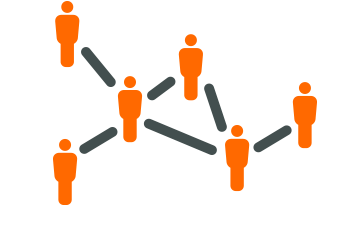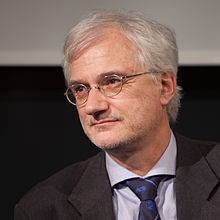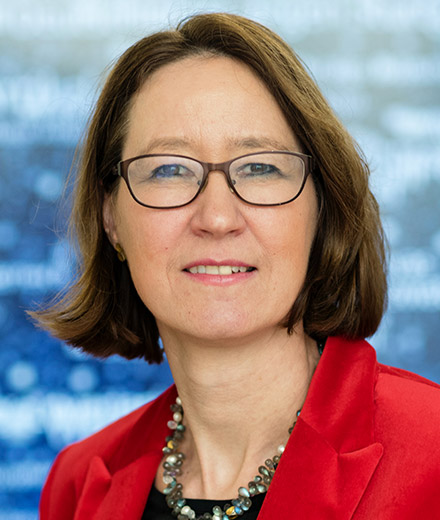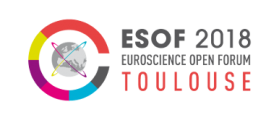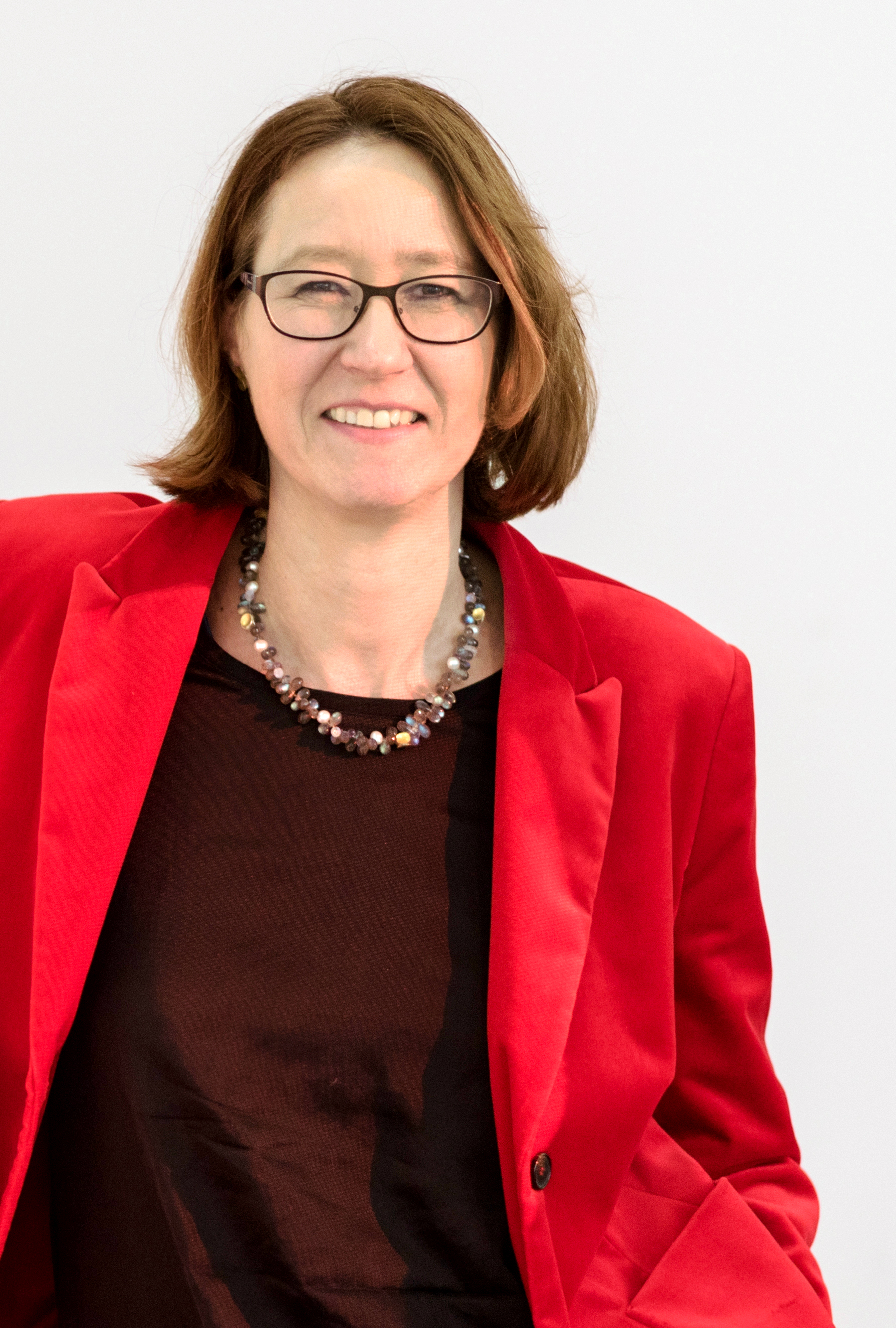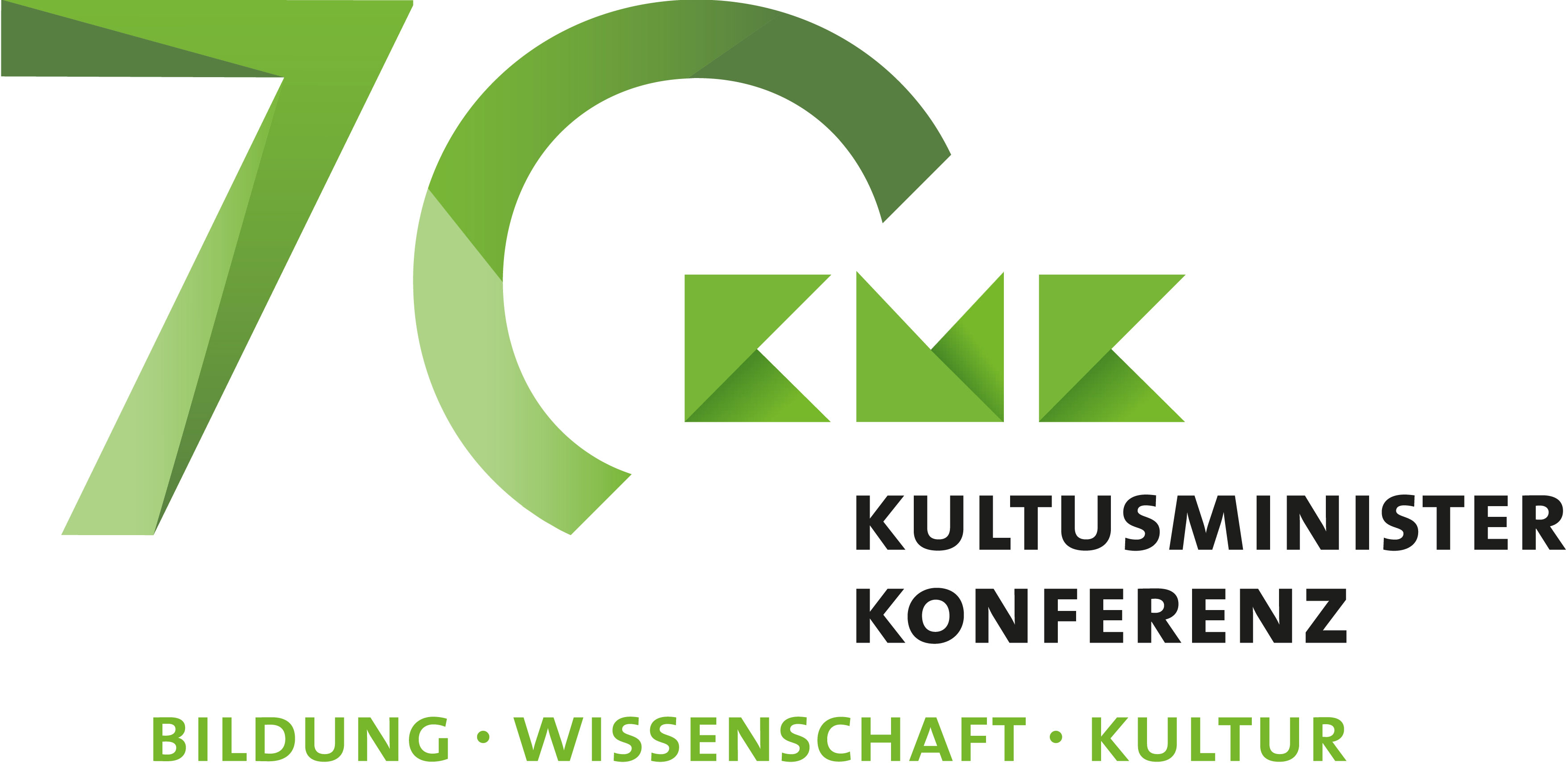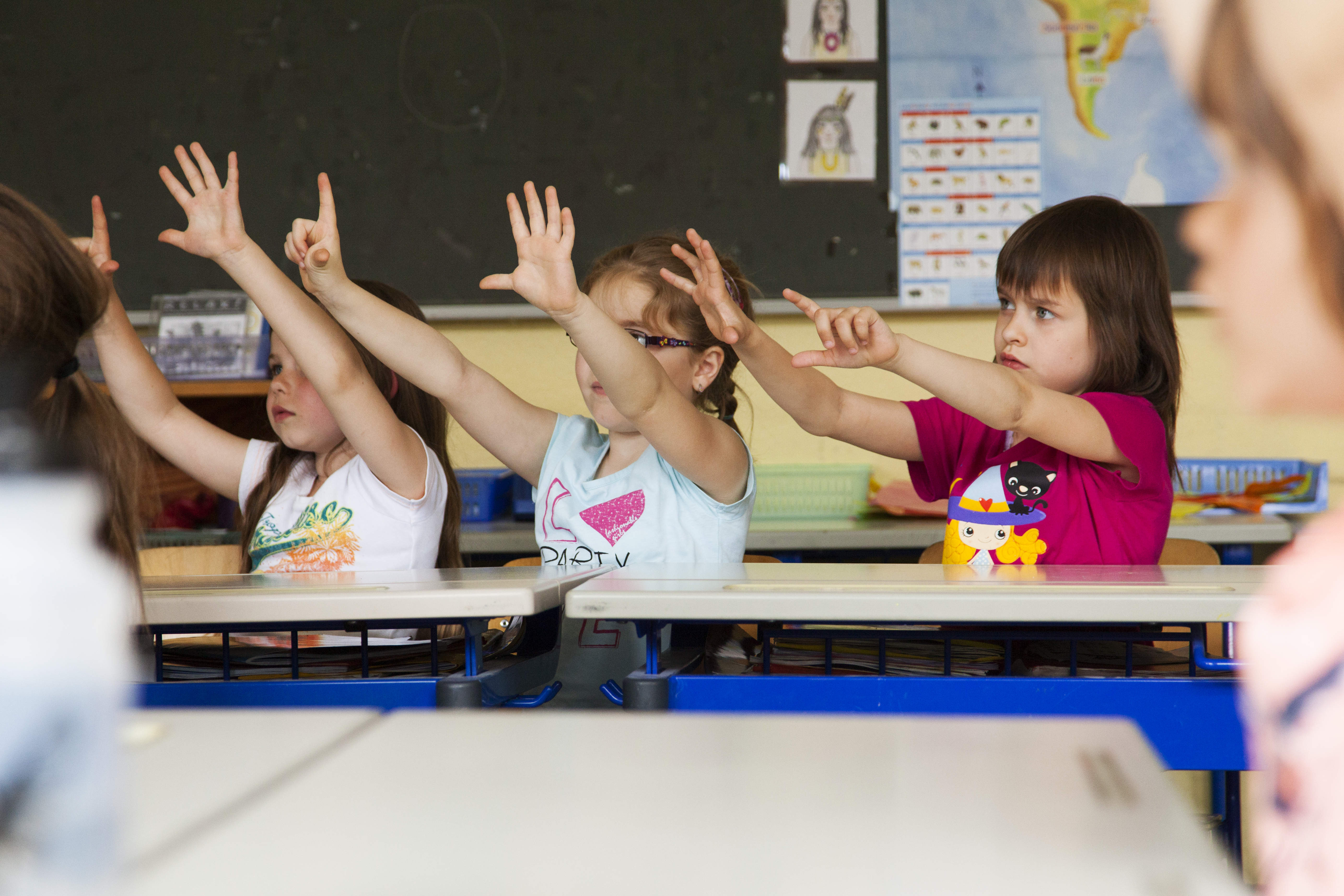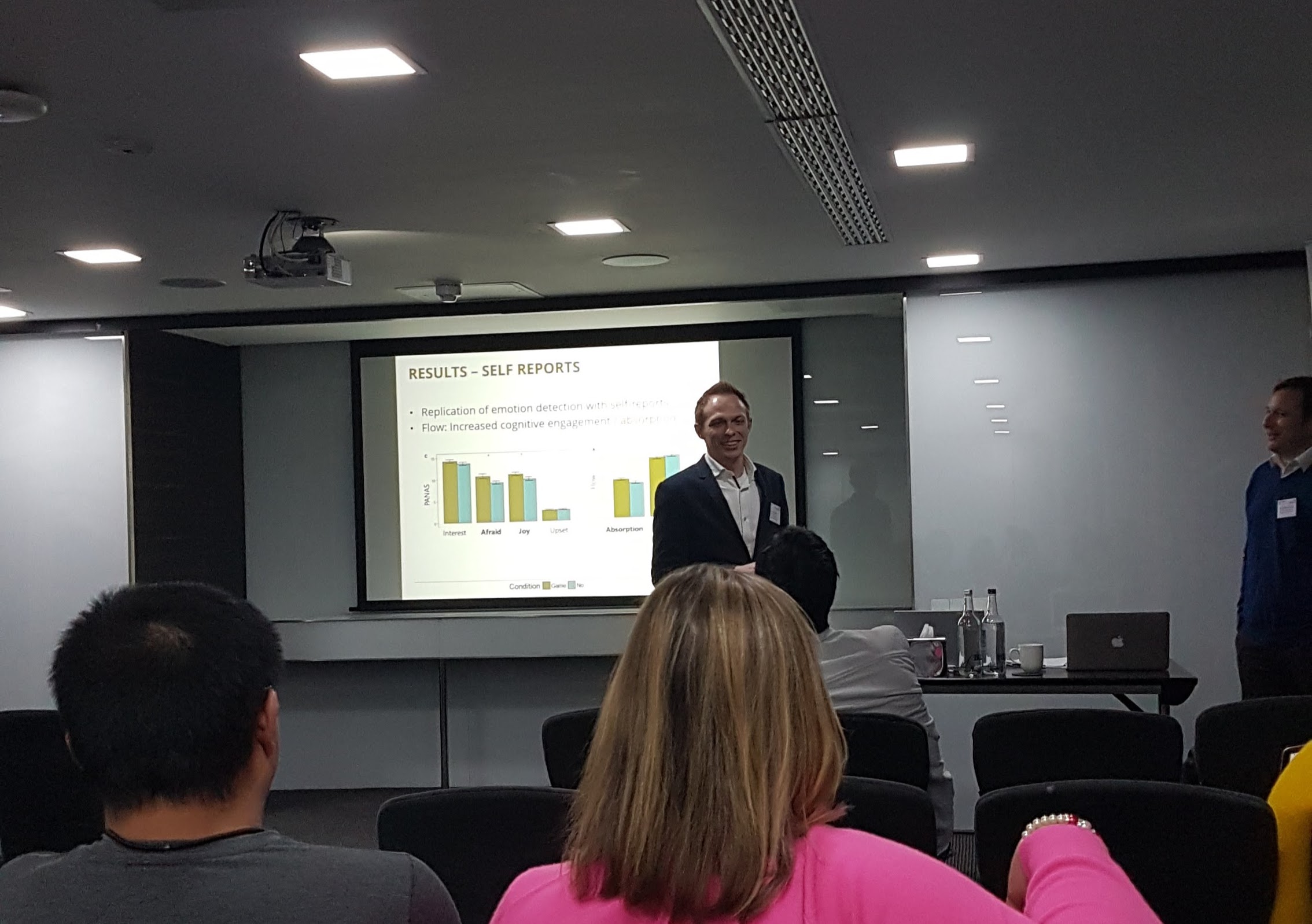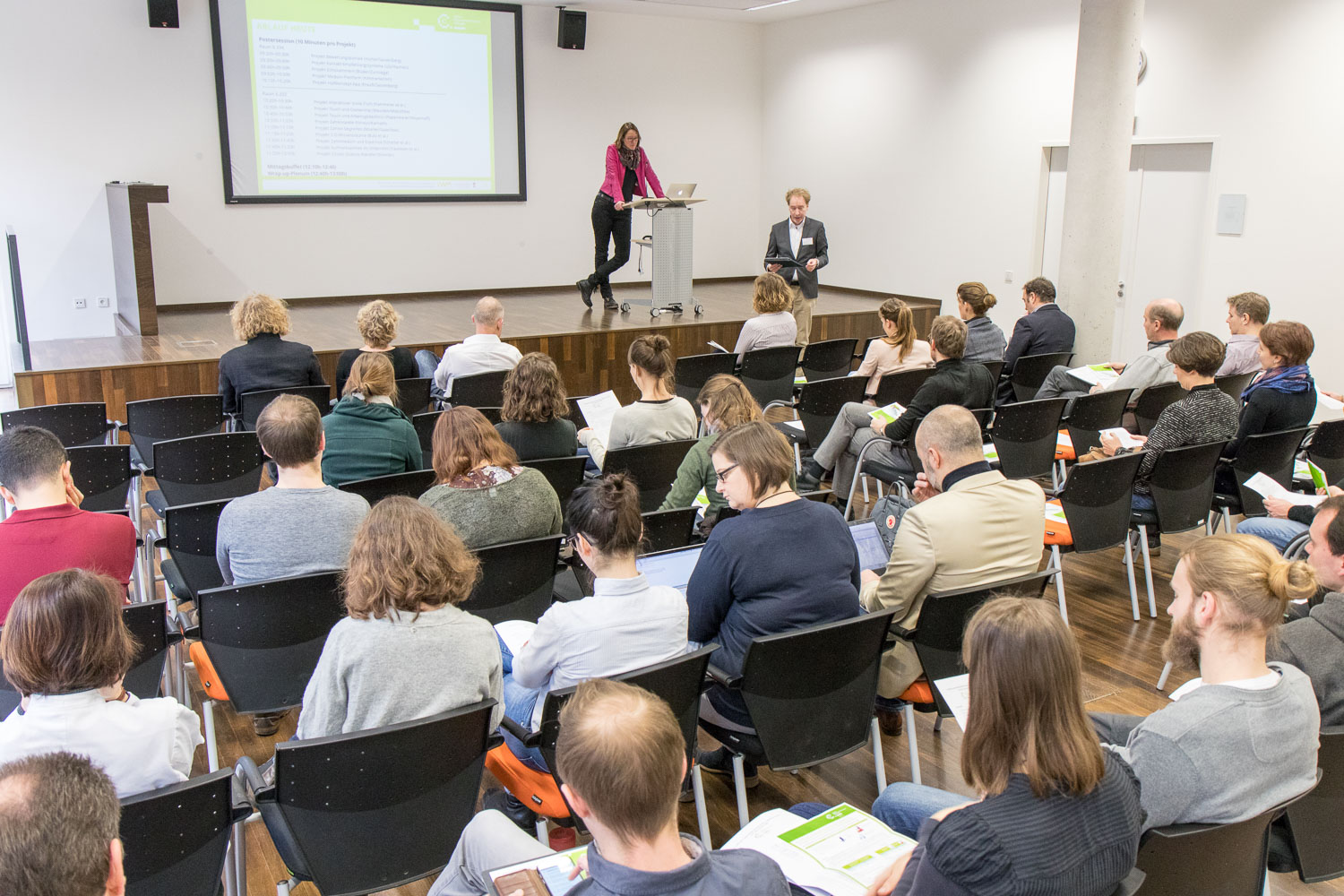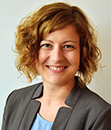2018-11-18 | „WCT MEETS HCI“ WORKSHOP - CAMPUSMEETING OF THE LEIBNIZ-WISSENSCHAFTSCAMPUS
From November 15 to 16, 2018 the first meeting of the Leibniz-WissenschaftsCampus Tübingen (WCT) on „WCT meets HCI“ with external guests took place at the Leibniz-Institut für Wissensmedien (IWM). The workshop aimed at discussing interfaces of the research within the WCT and the field of Human-Computer Interaction (HCI) and at having a closer look on the question in how far they can mutually benefit from each other.
Dr. Elisa Mekler (Universität Basel, Fig. 1), Prof. Dr. Gerhard Fischer (University of Colorado, Fig. 2) and Prof. Dr. Heinz Ulrich Hoppe (Universität Duisburg-Essen, Fig. 3) presented their research on HCI and shared their experiences and longstanding expertise within this field with the Campus projects. They contributed to a lively exchange of ideas and a profound discussion.
The WCT project members, who are now in the mid-term of the project phase had the opportunity to present the current state of their research and to reflect the results with the view from outside. Within the scope of talks and a postersession, the Leibniz-WissenschaftsCampus as a unique interdisciplinary network could be experienced by the external guests. The campus meeting is also the opportunity for internal networking. Thus, for example, one of the newly associated projects in May 2018 of the University of Stuttgart were present at the meeting for the first time.
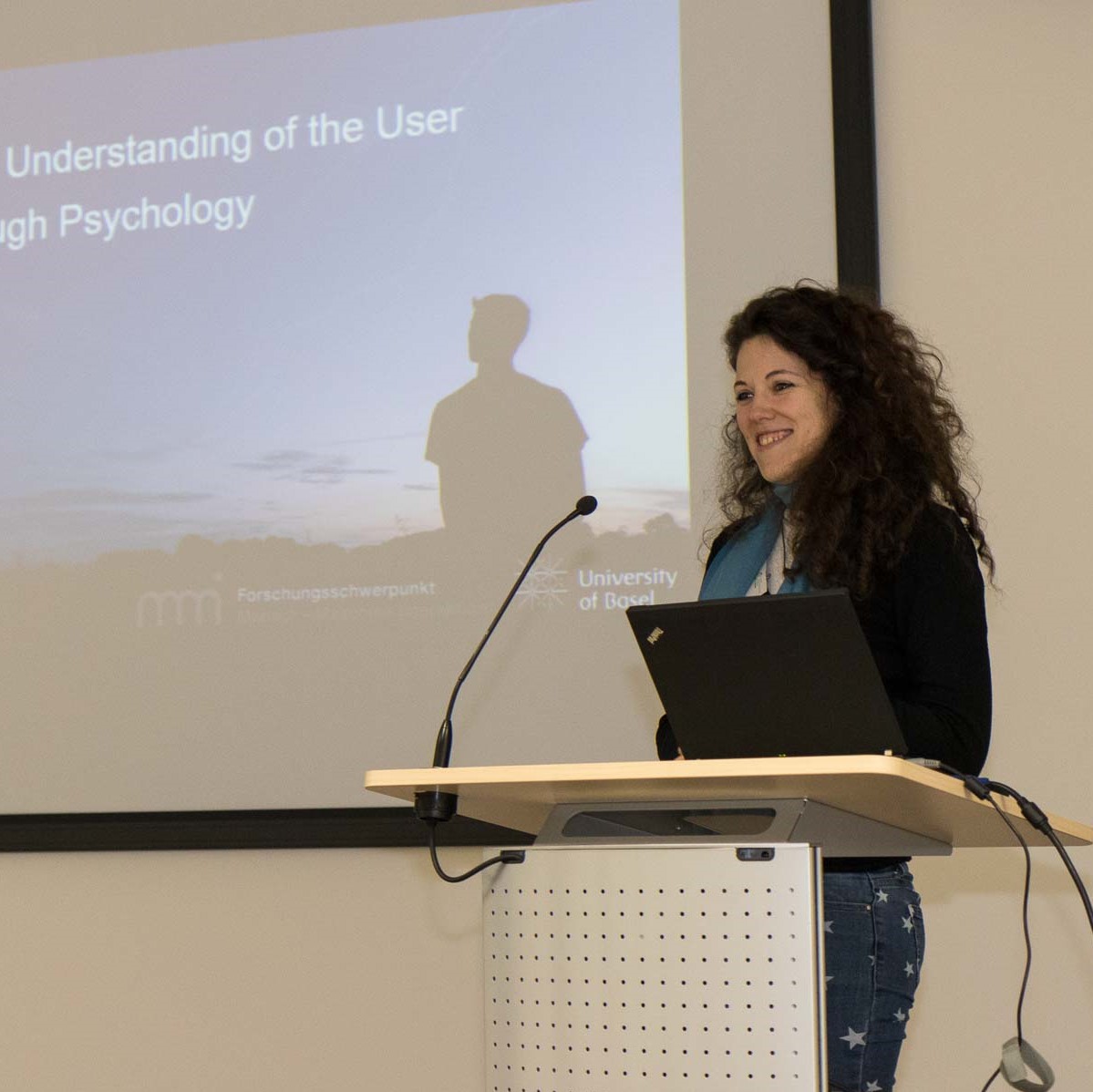 1
1
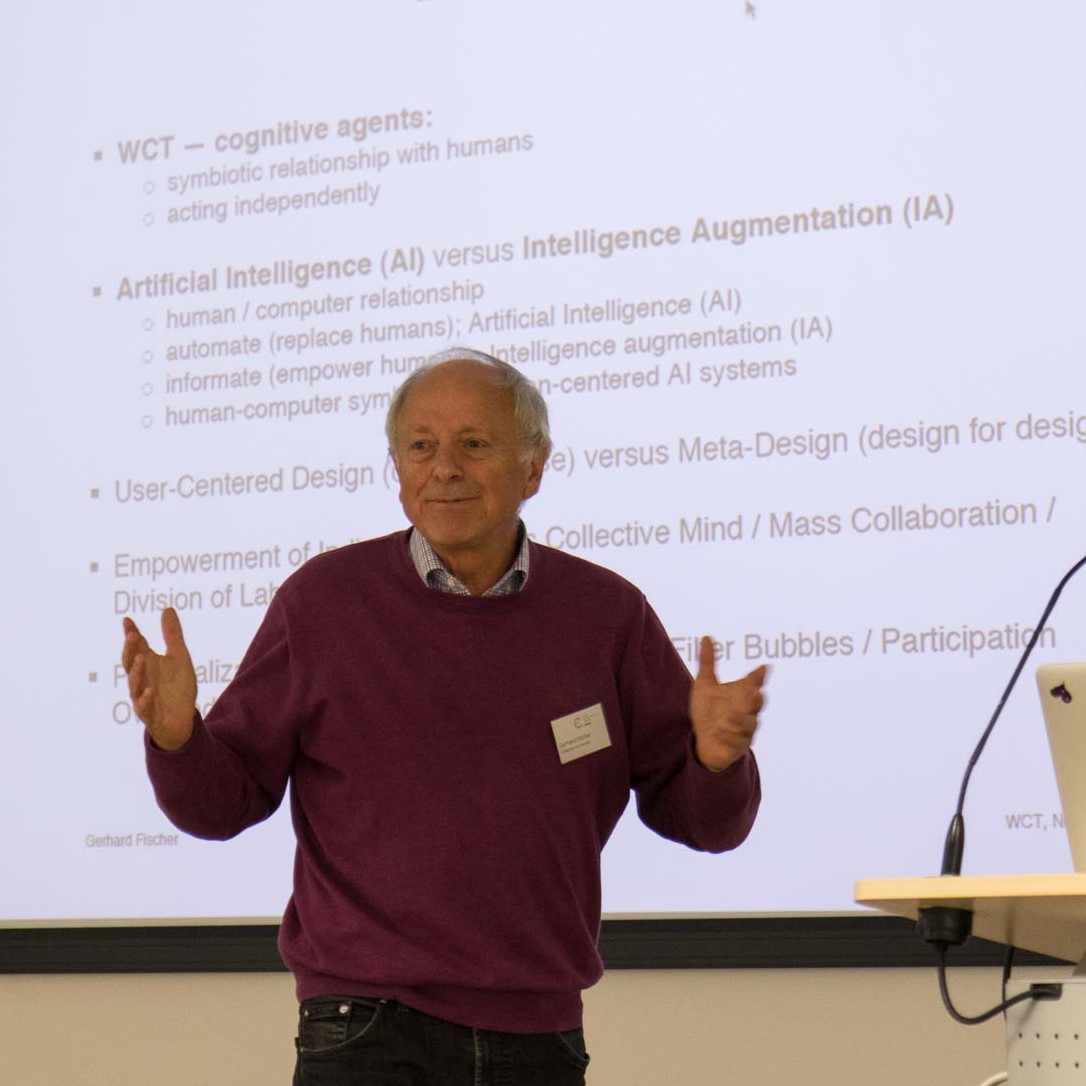 2
2
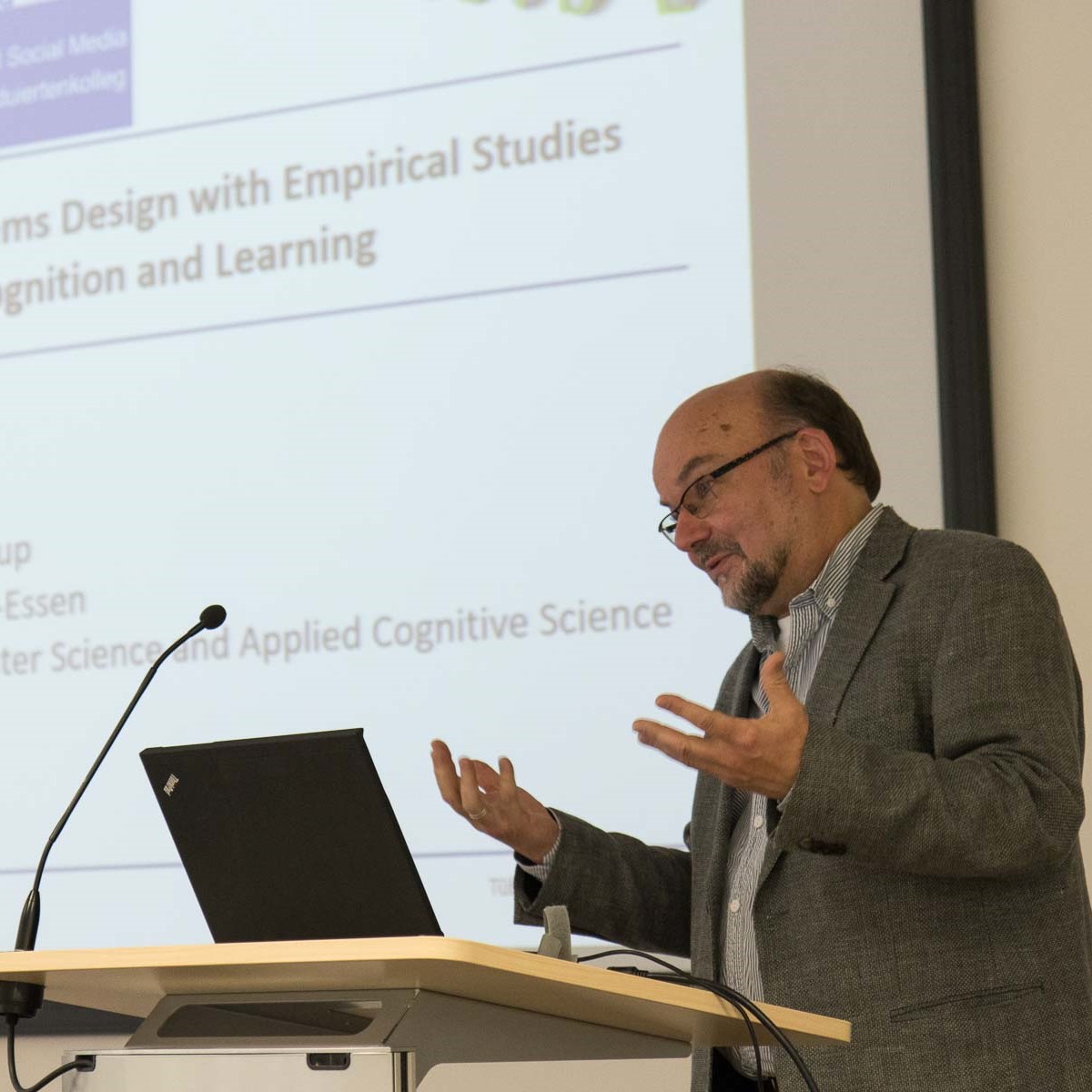 3
3

